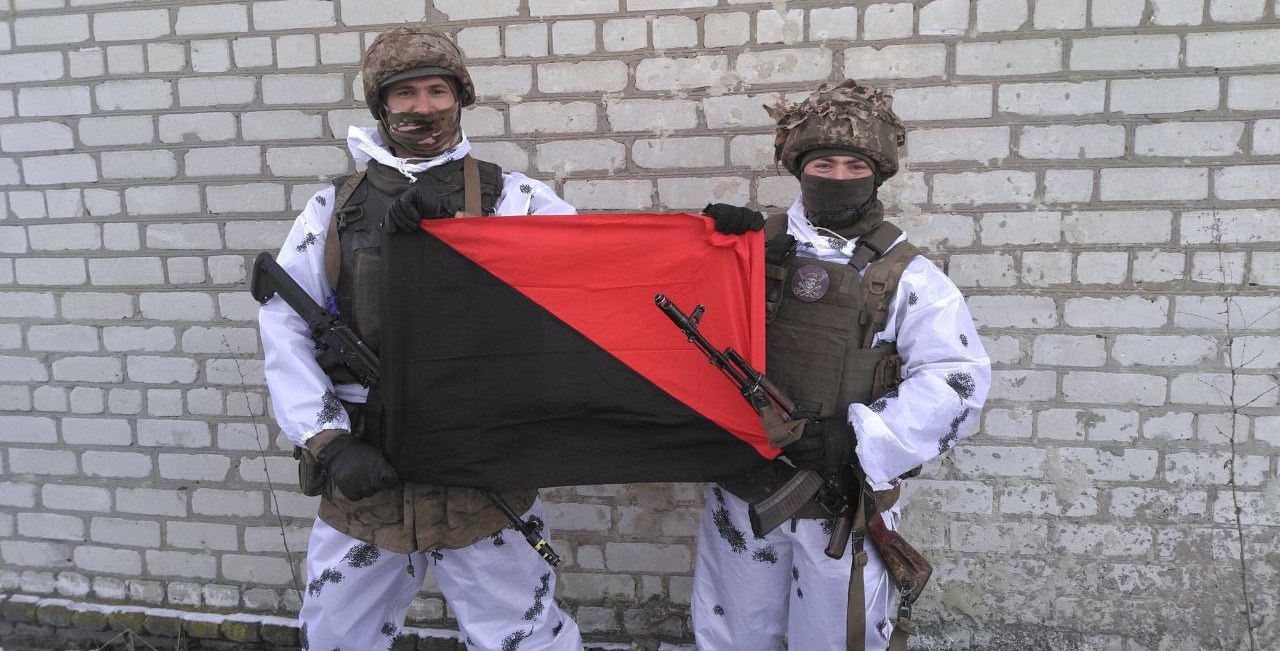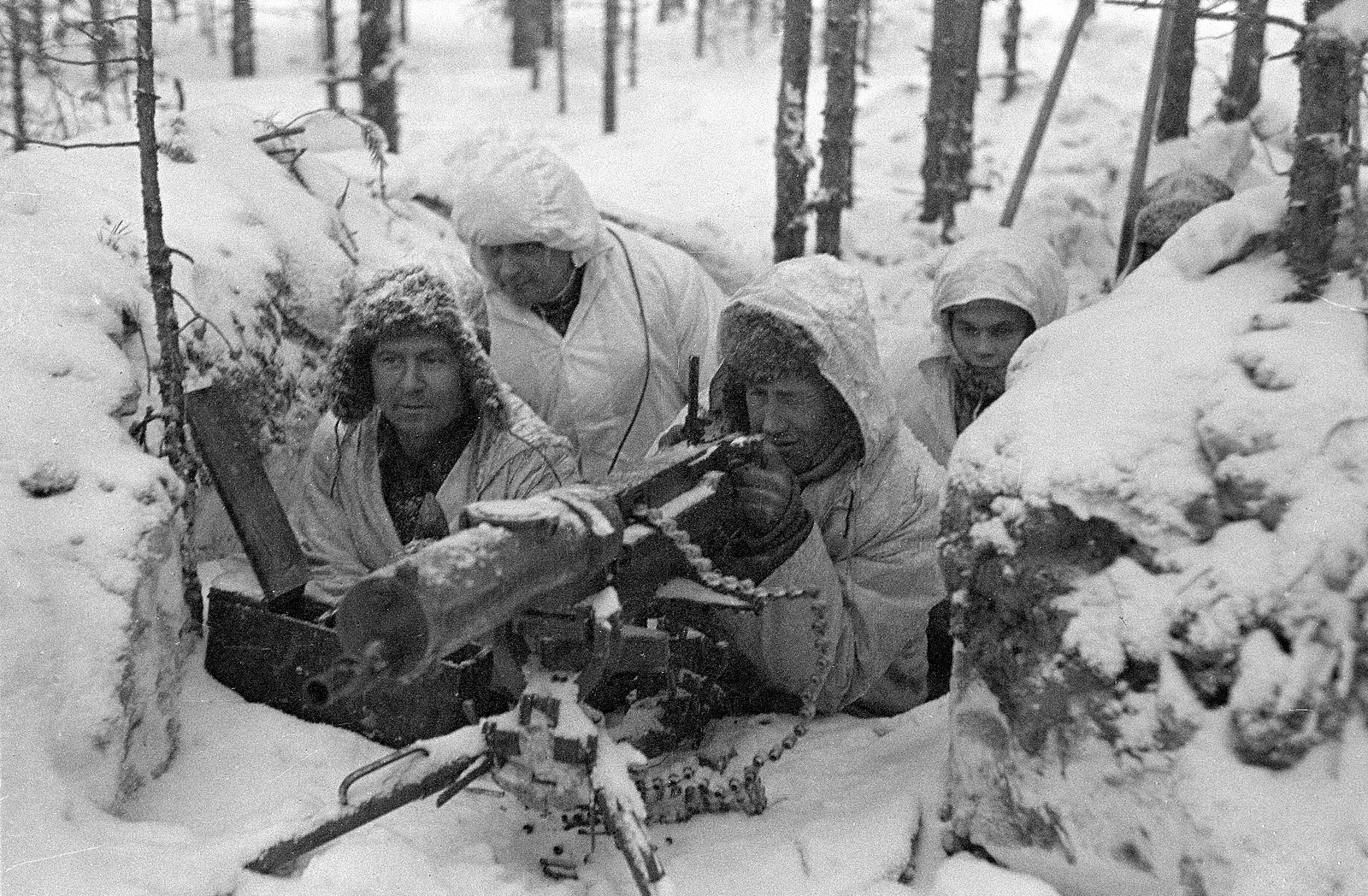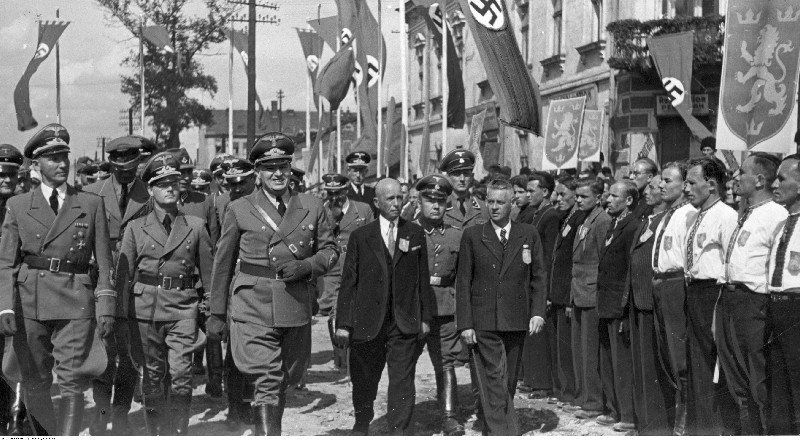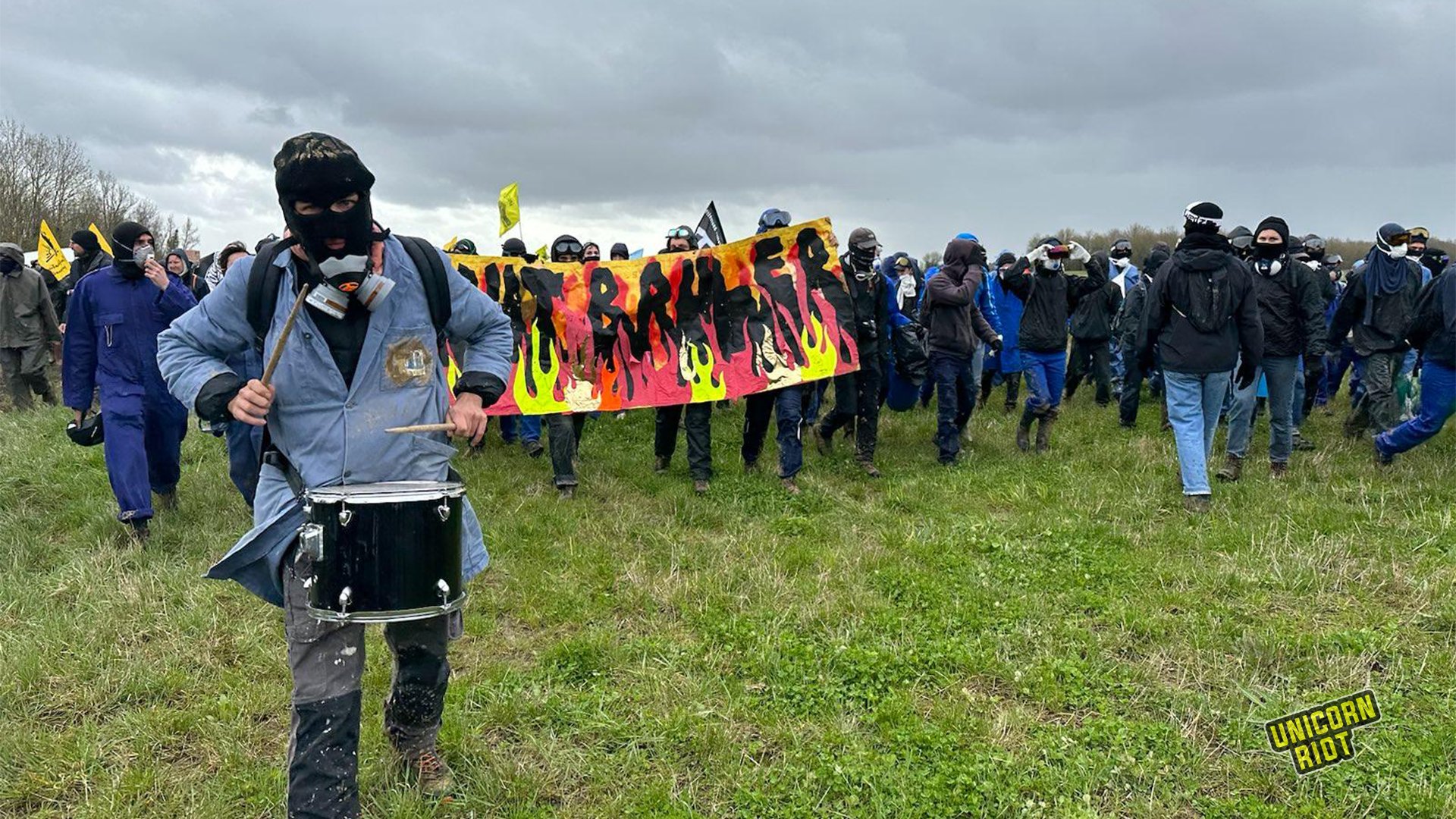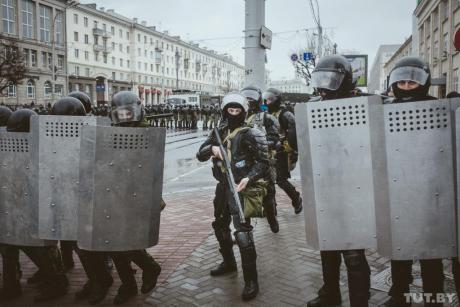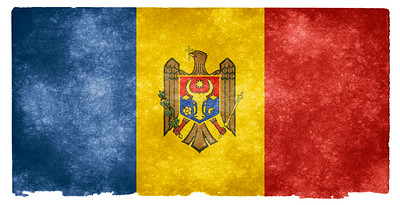
Zelensky: send Putin to The Hague
Ukrainian President Volodymyr Zelensky told international jurists that Russian President Vladimir Putin must be brought to justice for his war in Ukraine. Zelensky was addressing The Hague during a visit to the International Criminal Court (ICC), calling for a new international tribunal to prosecute the crime of aggression. Zelenski stressed: “We all want to see Vladimir here, in the Hague… and I am sure we will see that happen when we win. And we will win.” The ICC issued an arrest warrant for Putin in March over the forced deportation of children from Russian-occupied areas of Ukraine. Revelations of Russian war crimes in Ukraine have continued to mount since then. (Photo: OSeveno/WikiMedia)



